America is often viewed through a filter of clichés, both at home and abroad. These cultural stereotypes oversimplify a complex country and ignore the realities of its people. Isn’t it time to put these tired labels to rest and confront the truth behind them?
1. “America Is the Land of the Free”

America brands itself as the land of liberty, but with the highest incarceration rate in the world—more than 2.3 million people behind bars—freedom is relative. Black and Latino populations are disproportionately targeted, revealing a system that values freedom for some more than others.
2. “The American Dream Is Alive and Well”
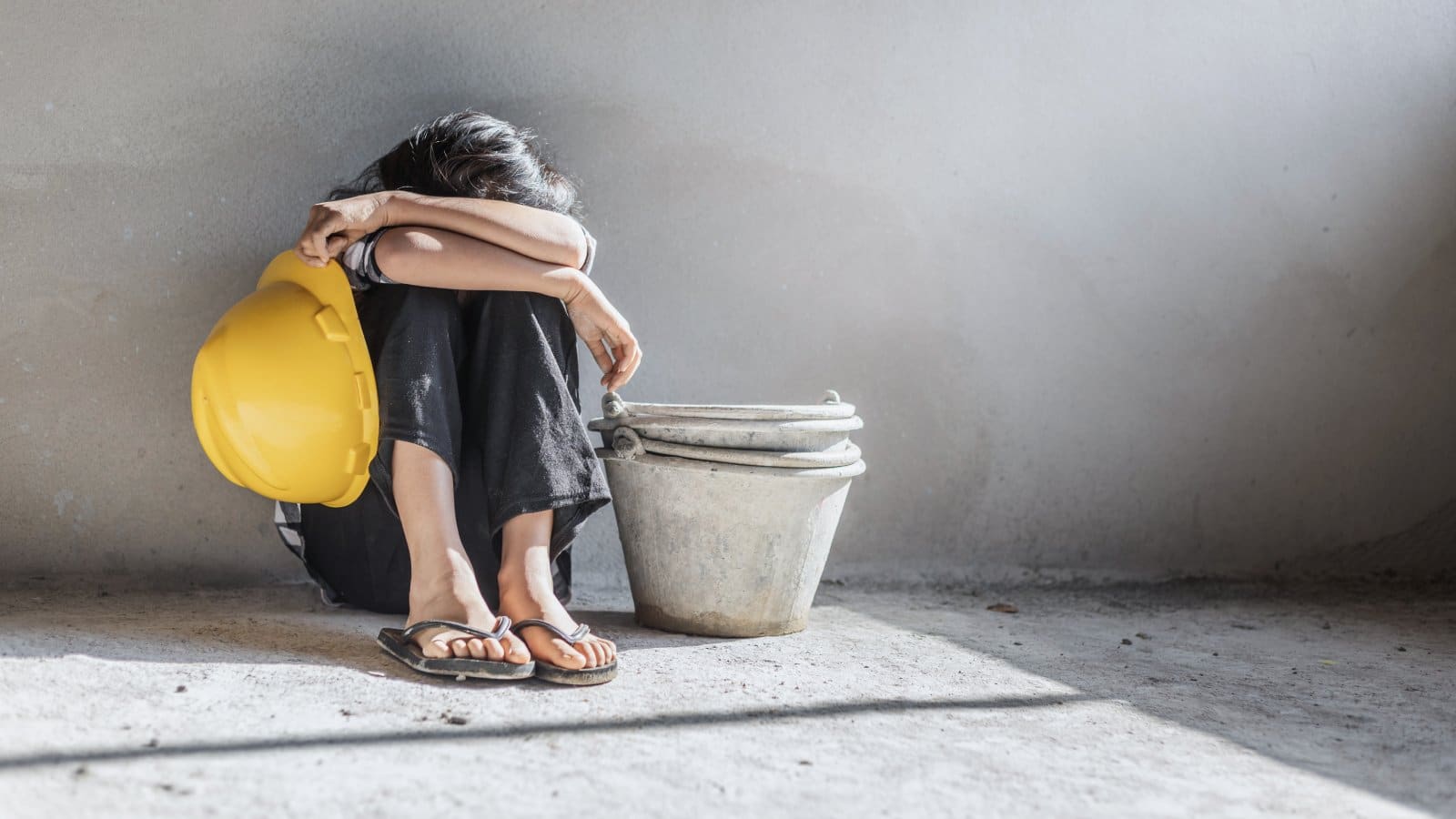
Economic mobility in America has become more myth than reality. According to the Economic Policy Institute, children born into poverty have only a 4% chance of climbing into the top income quintile. For many, the American Dream is more like a cruel joke.
3. “Racism Is a Thing of the Past”
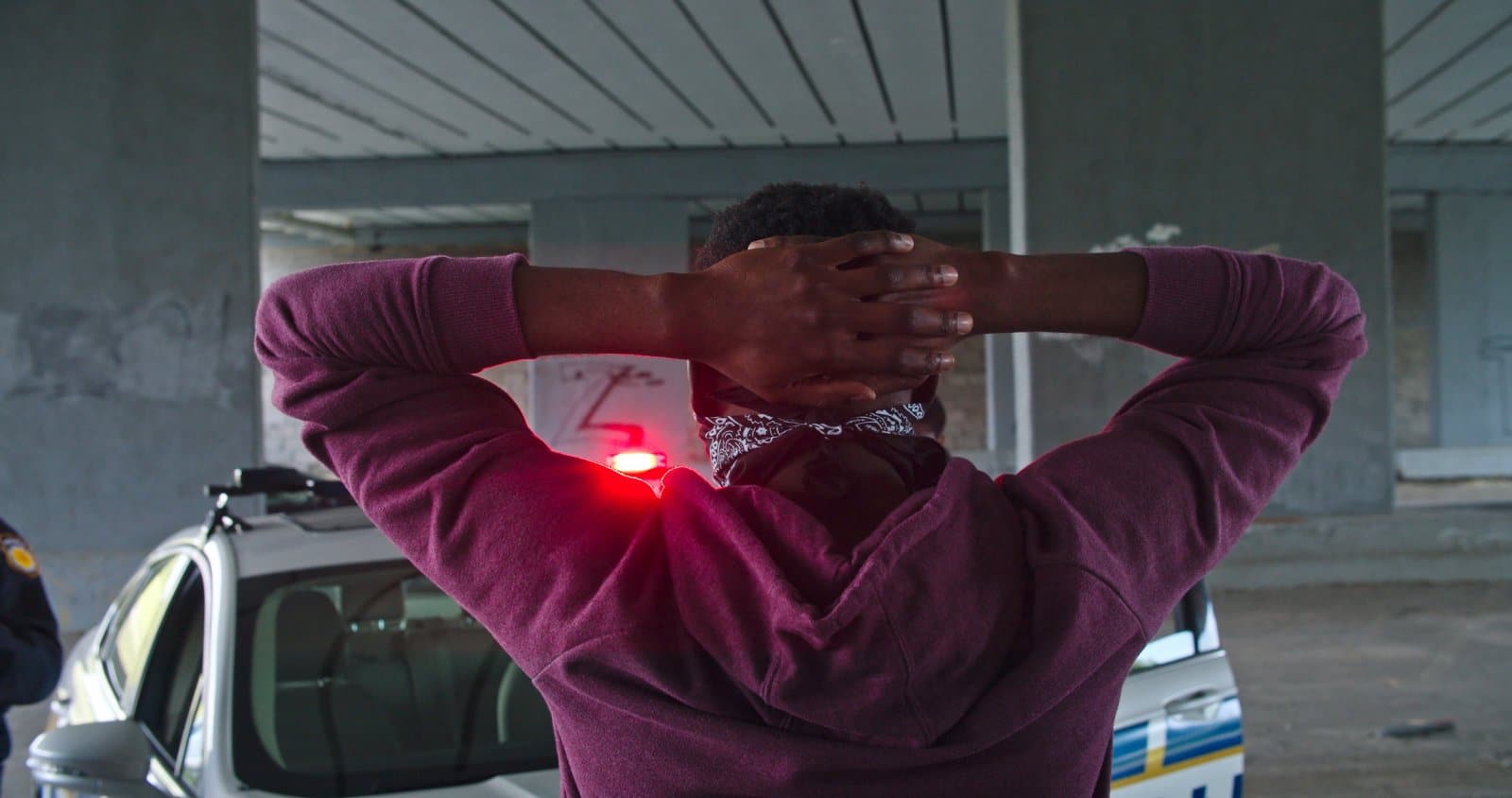
Despite progress, racism remains deeply embedded in American life. From police violence to income inequality, systemic racism continues to impact millions of people of color. The Pew Research Center found that 58% of Americans say race relations are generally bad—so much for a post-racial society.
4. “Everyone Has Equal Access to Education”
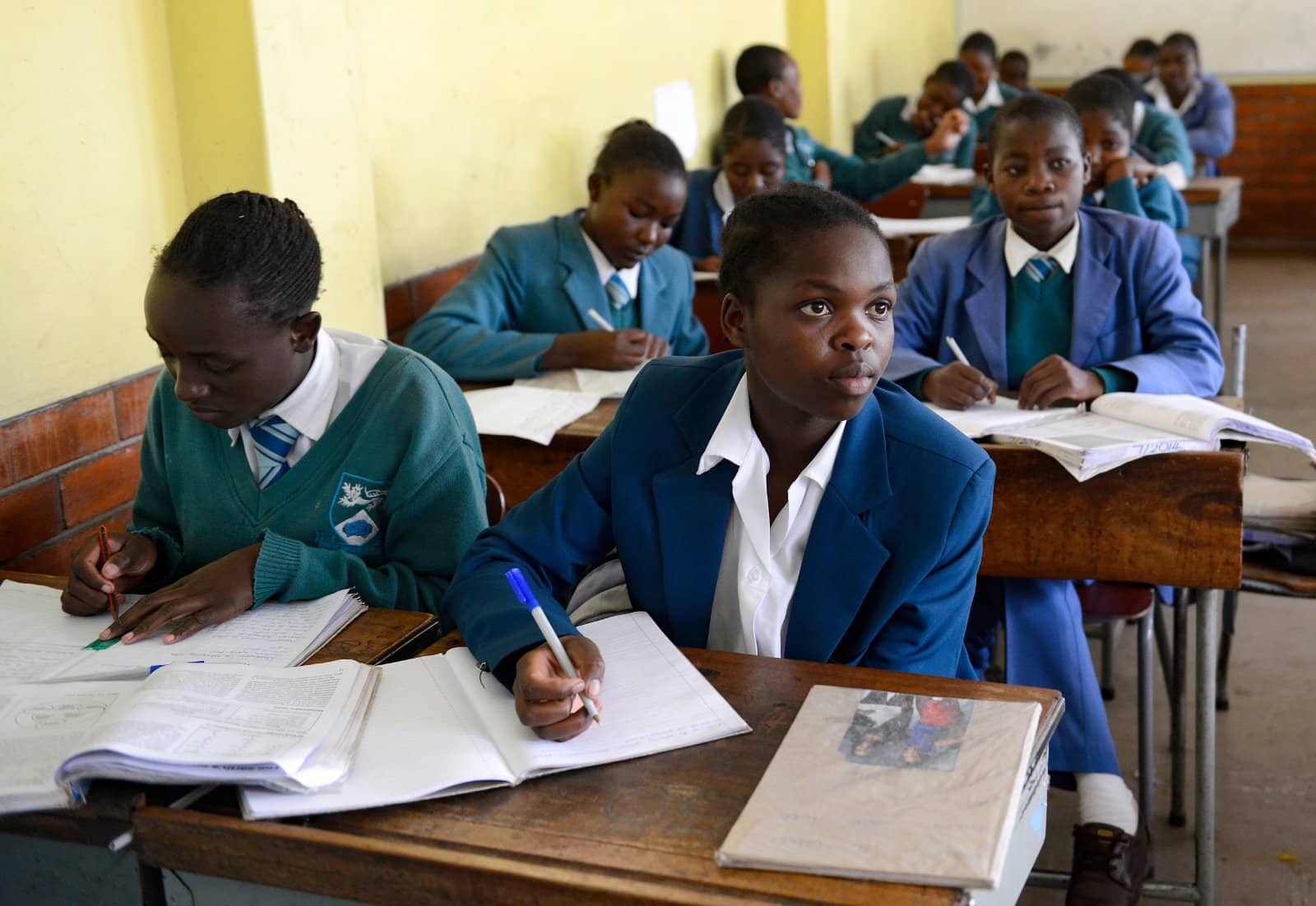
Public school funding is heavily dependent on local property taxes, meaning that kids in wealthy areas enjoy far better resources than those in low-income neighborhoods. According to the U.S. Department of Education, high-poverty schools receive about $1,200 less per student per year. Education is anything but an equalizer.
5. “Americans Don’t Care About Class”

Class may be the unspoken taboo in America, but it’s very much alive and well. The top 1% own 38% of the country’s wealth, while 44% of workers are in low-wage jobs earning less than $18,000 annually. Class divides are deepening, even if no one wants to talk about them.
6. “The U.S. Is the Best Country in the World”

The U.S. might be a powerhouse, but it doesn’t rank first in everything. In health care, it ranks 35th globally, and in education, it’s 27th. American exceptionalism is more about branding than reality.
7. “Immigrants Are Draining the System”

Contrary to this stereotype, immigrants contribute more in taxes than they take in public benefits. A 2017 report from the National Academies of Sciences, Engineering, and Medicine found that immigrants generate billions in revenue for Social Security and Medicare. They’re more likely to be the lifeblood of the system than a drain on it.
8. “All Americans Are Gun-Toting Cowboys”

While the U.S. has an undeniable gun culture, it’s not as universal as you might think. Only 30% of Americans own a gun, according to Pew Research. Not everyone is walking around with a pistol on their hip, despite what Hollywood might suggest.
9. “The South Is Just Racist Rednecks”

The South has its stereotypes, but it’s also home to progressive movements, vibrant cities, and diverse communities. Southern cities like Atlanta and New Orleans are cultural hubs, proving that this region is far more than the tired caricatures of backwardness.
10. “Hollywood Reflects American Culture”

Hollywood may be America’s cultural export, but it doesn’t represent the reality of most Americans. The U.S. is far more diverse, with richer, more complex narratives than what’s portrayed on the silver screen. Thinking Hollywood represents all of America is like believing the whole UK revolves around tea and crumpets.
11. “America Is a Melting Pot”
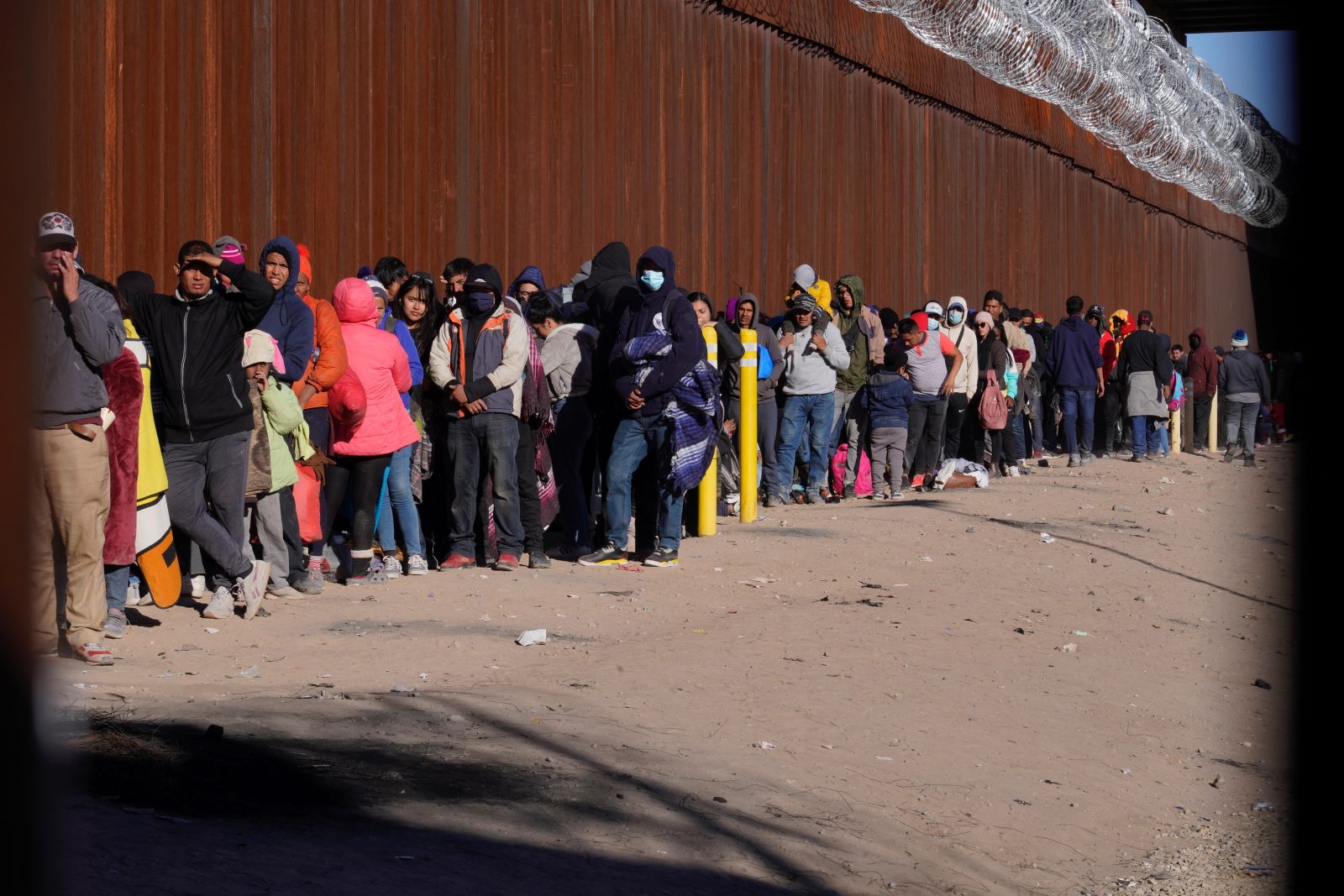
The melting pot narrative suggests everyone blends seamlessly into one unified culture, but in reality, America is more of a mosaic. Immigrant communities often retain their unique identities, and many continue to face discrimination. Assimilation isn’t always the success story it’s cracked up to be.
12. “All Americans Are Fat”

While obesity rates are high—42% of U.S. adults are considered obese—painting all Americans as overweight is a lazy stereotype. The country’s size and diversity mean that health outcomes vary widely across different regions and populations. Not everyone is living off fast food.
13. “Americans Are All Workaholics”

The U.S. is known for its intense work culture, but the pandemic has shifted priorities for many. A significant number of workers are now advocating for a better work-life balance, with the rise of remote work and calls for shorter workweeks. The grind culture is being questioned like never before.
14. “American Families Are Perfect Nuclear Units”

The idea of the typical American family as a dad, mom, and 2.5 kids is a relic of the 1950s. Today, families come in all shapes and sizes, from single-parent households to blended families and same-sex parents. The U.S. Census Bureau reports that 23% of children live in single-parent homes—so much for the Leave It to Beaver model.
15. “Everyone Speaks English”

English might be the dominant language, but more than 67 million Americans speak a language other than English at home. Spanish, Chinese, and Tagalog are just a few of the languages spoken across the country, reflecting America’s multilingual reality.
16. “The Midwest Is Just Cornfields and Small Towns”
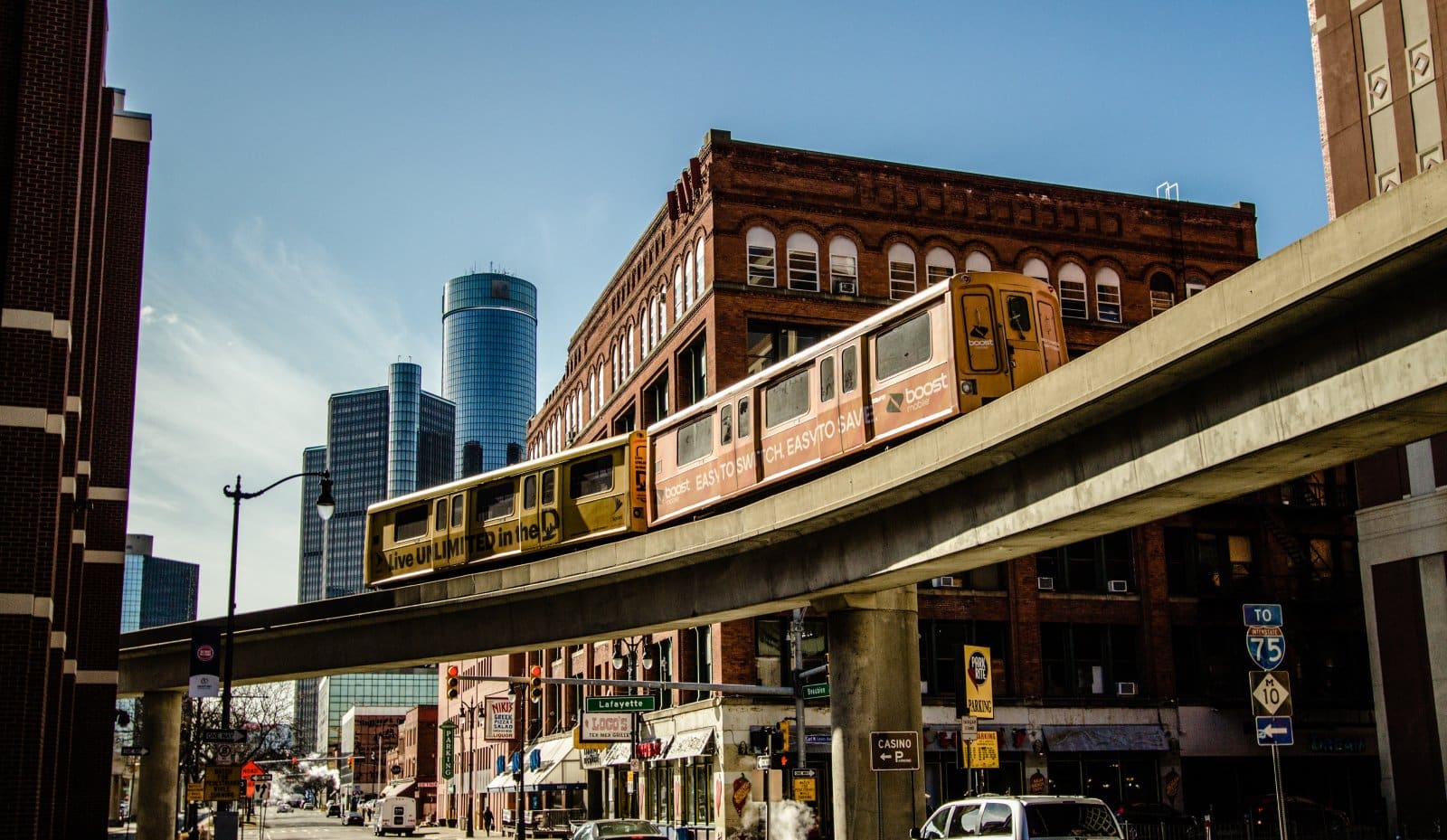
The Midwest is often seen as a flyover country, but it’s home to vibrant cities like Chicago, Minneapolis, and Detroit and cultural movements that shape the nation. The stereotype of endless cornfields misses the urban innovation and diversity that define much of the region.
17. “The North Is Progressive, The South Is Conservative”
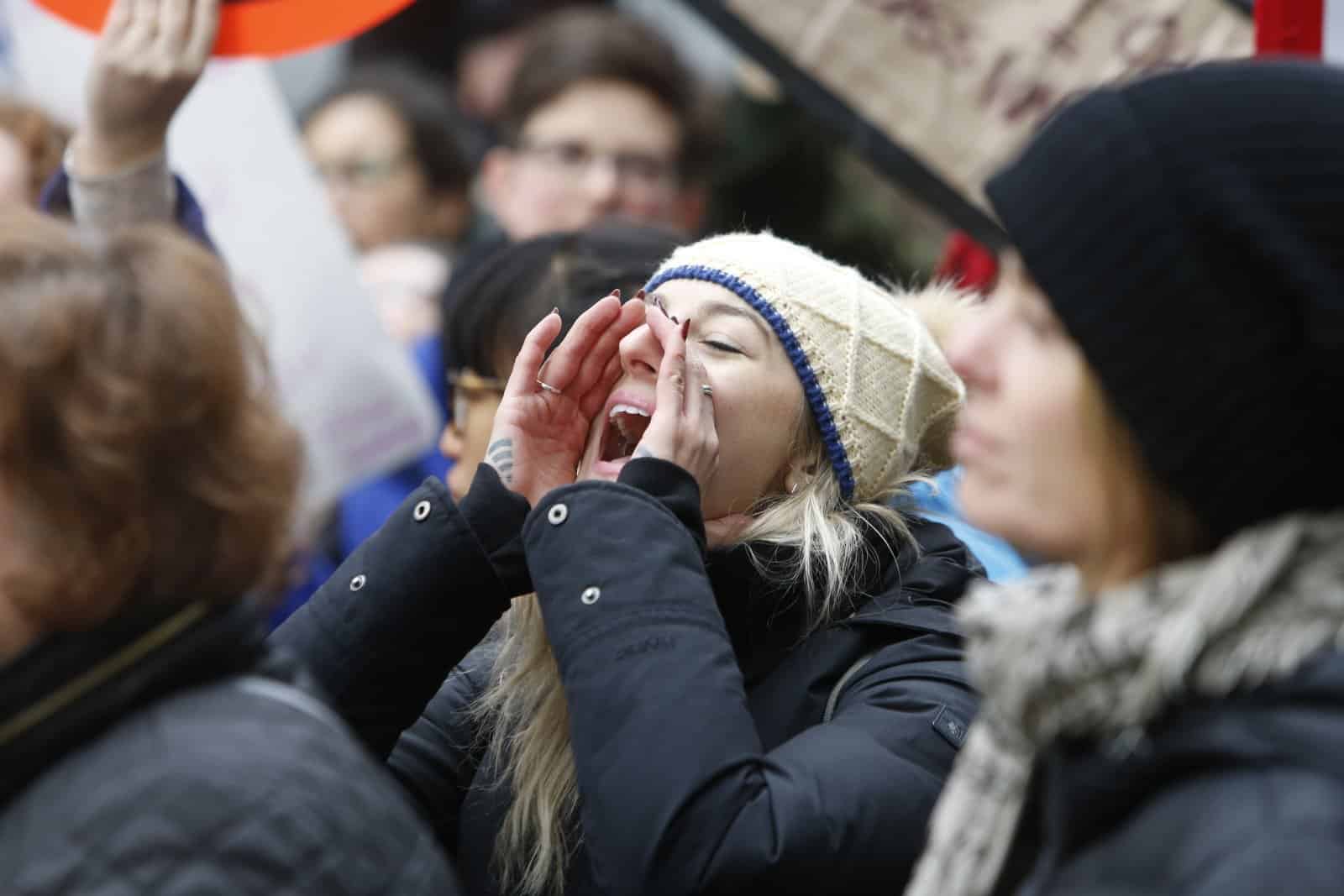
This regional stereotype doesn’t hold up under scrutiny. Northern states like Pennsylvania and Ohio often swing conservative, while cities in the South, like Austin and Atlanta, are bastions of progressive activism. America’s political landscape is far more nuanced than the simplistic North-South divide suggests.
18. “Americans Are Terrible at Geography”

While it’s true that many Americans struggle with geography—only 20% could locate Iraq on a map in a 2014 study—not all Americans are clueless about the world. Education inequality plays a significant role, and not everyone is equally uninformed. It’s a stretch to paint the entire country with this broad brush.
19. “Americans Don’t Care About the Environment”
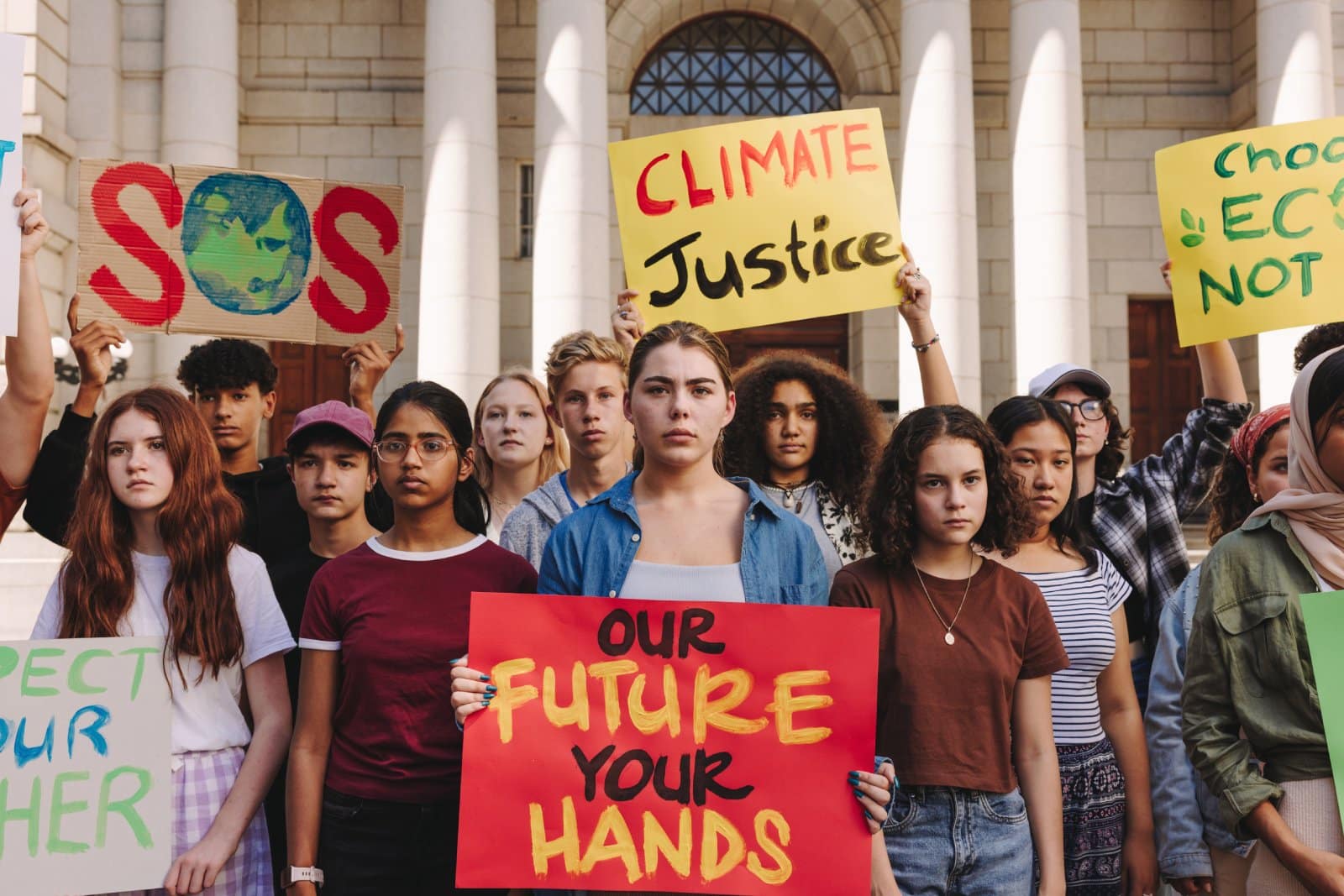
Despite the country’s fossil fuel addiction, many Americans are passionate about the environment. A 2021 Pew Research Center poll found that 60% of U.S. adults view climate change as a major threat. Grassroots movements like the Sunrise Movement are pushing for bold action on climate change, proving that many Americans are deeply invested in the planet’s future.
20. “Everyone in New York Is Rude”
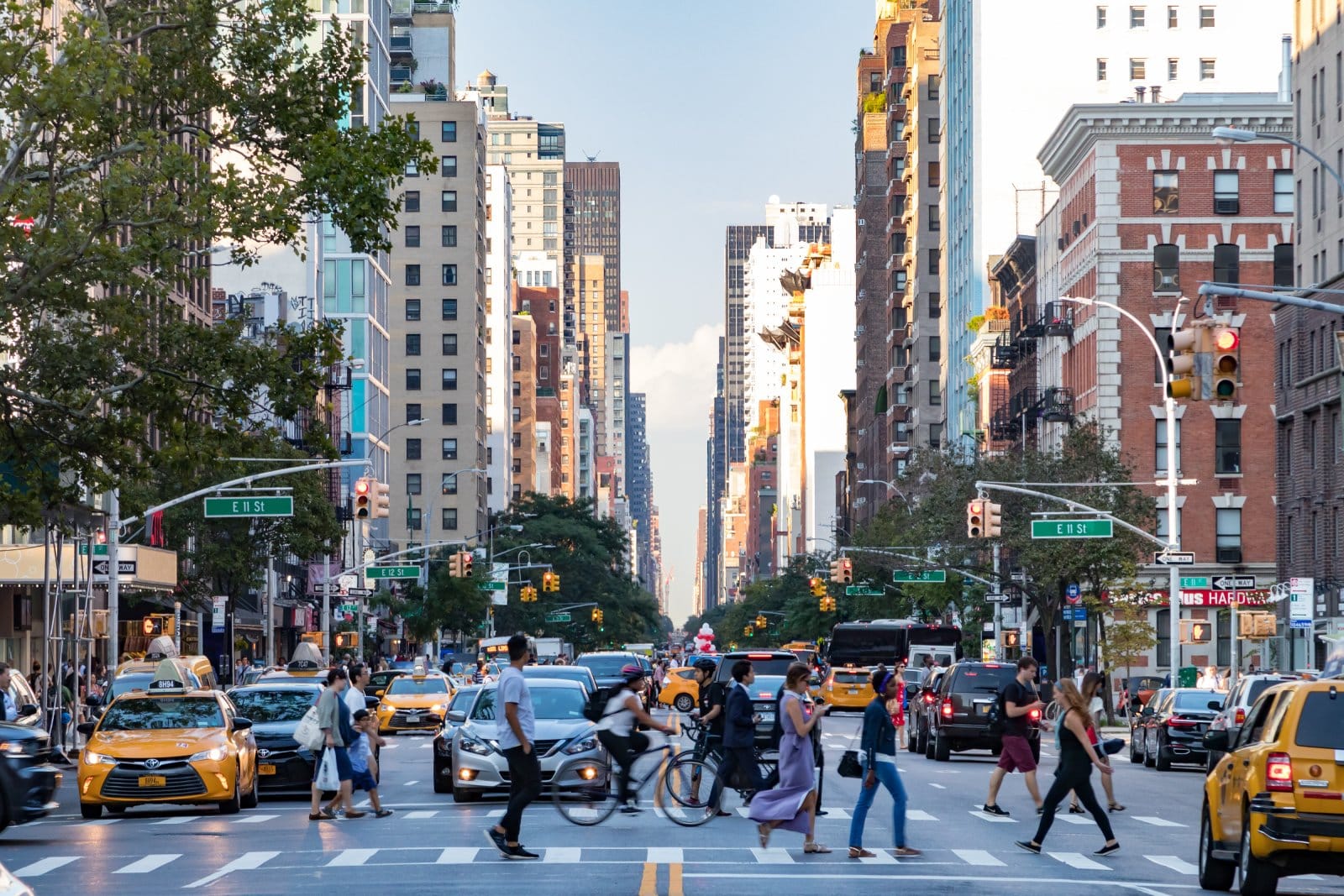
New Yorkers might be fast-paced, but that doesn’t mean they’re rude. In fact, a 2020 survey ranked New York City only the 14th rudest city in America, with places like Las Vegas and Philadelphia taking the top spots. New Yorkers are often just busy, not unfriendly.
21. “America Is a Religious Nation”

While America has a strong religious tradition, the number of Americans identifying as religiously unaffiliated is on the rise. According to the Pew Research Center, nearly 30% of U.S. adults now identify as atheist, agnostic, or “nothing in particular.” The stereotype of America as a deeply religious nation is becoming outdated.
Time to Bury These Clichés
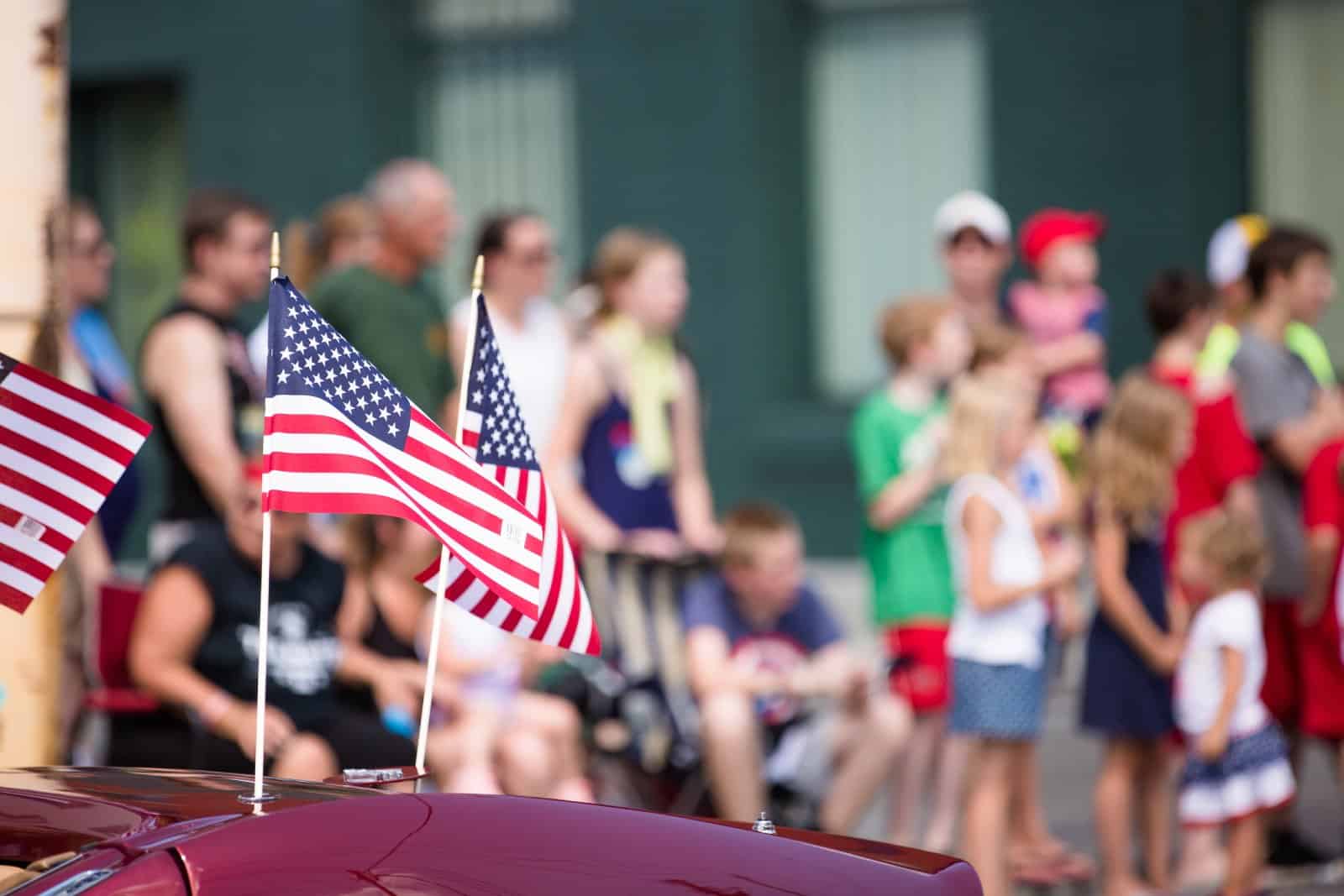
Cultural stereotypes make it easier to simplify a complex world, but they don’t tell the whole story. America is a vast and diverse country that defies easy categorization. It’s time to retire these tired stereotypes and see America for what it really is: messy, complicated, and far more interesting than any cliché.
21 Ignorant Lies About Americans the Rest of the World Claims Are True
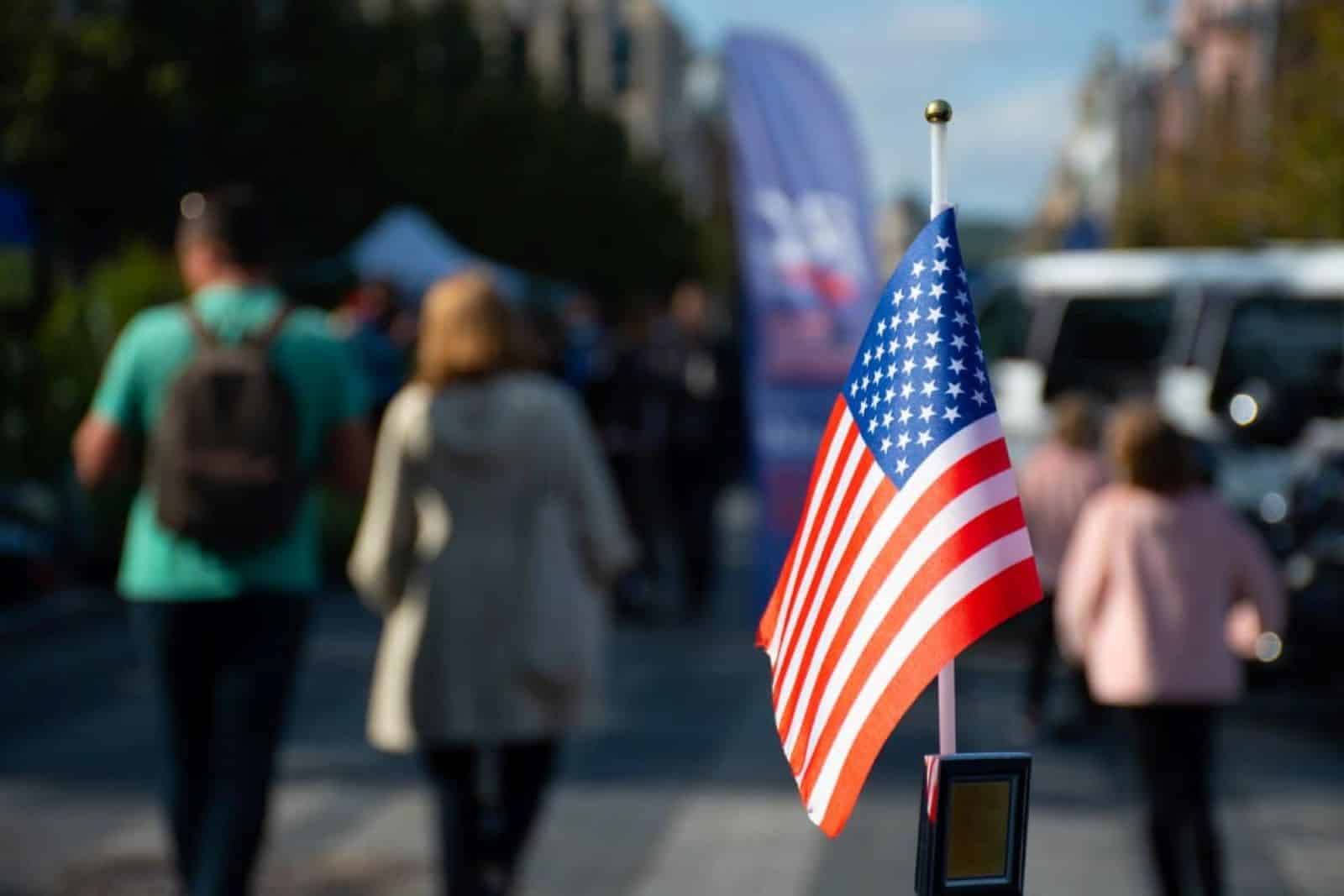
Americans are often the subject of wild assumptions and exaggerated stereotypes. Are these misconceptions affecting how the world views the average American? 21 Ignorant Lies About Americans the Rest of the World Claims Are True
Flawed Gender Tests: Olympic Committee Sends Plea to Boxing Officials
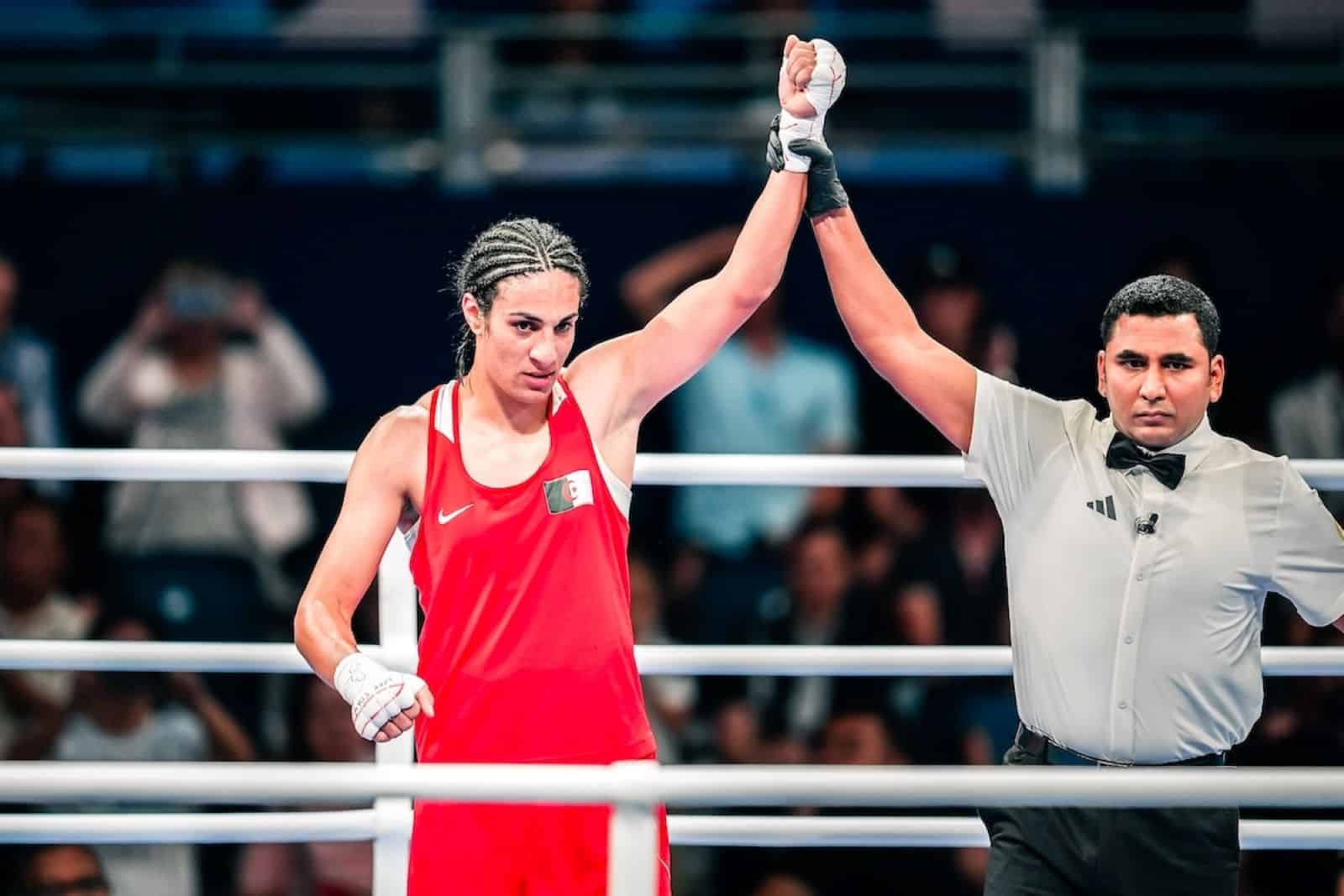
The International Olympic Committee has declared old boxing gender tests as flawed and illegitimate. This has arisen amid discussions regarding gender in Olympic female boxing matches. Flawed Gender Tests: Olympic Committee Sends Plea to Boxing Officials
Social Security Sham: 18 States Slashing Benefits
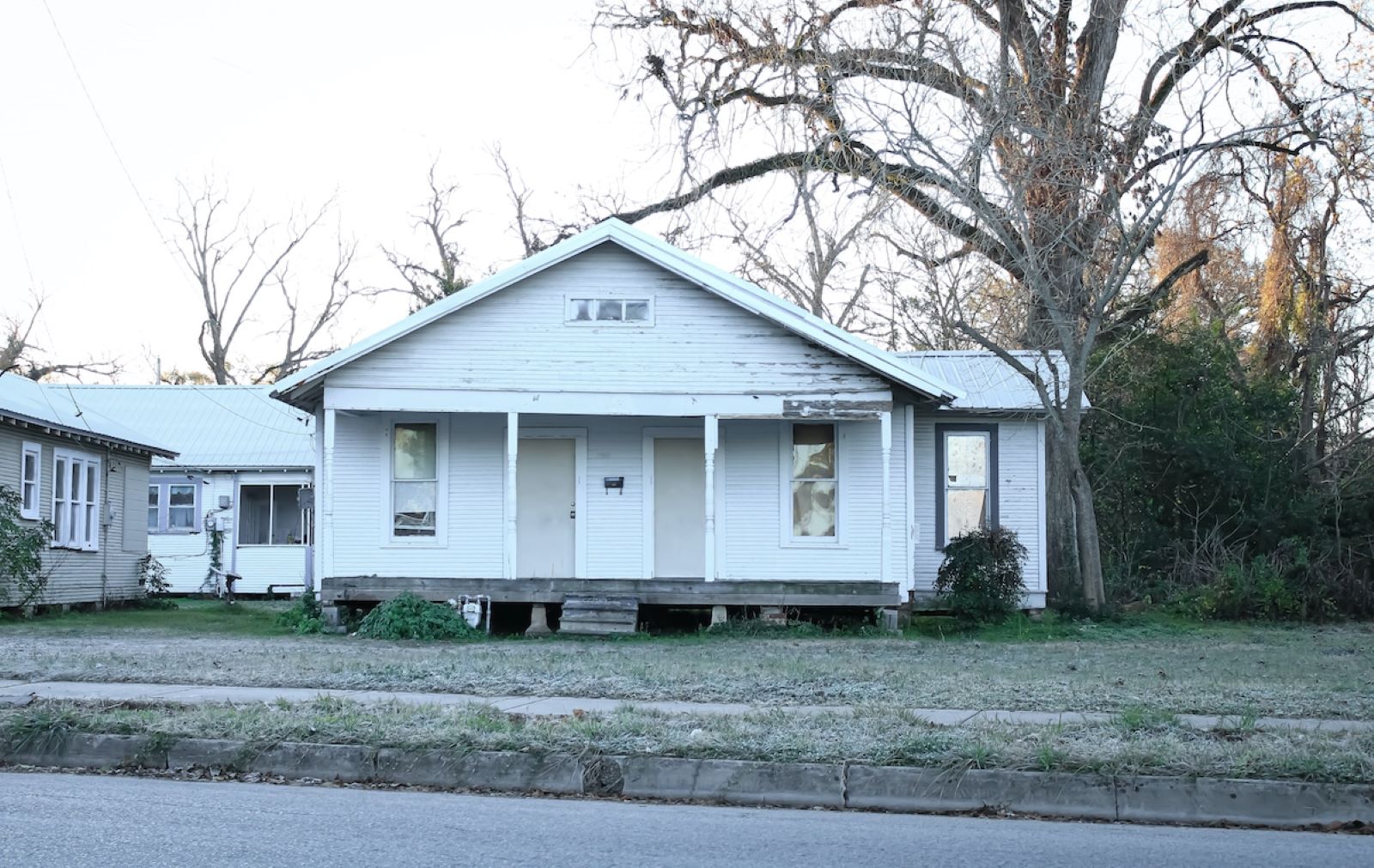
When you think about retiring, you might picture relaxing and traveling during your golden years. Social Security benefits help with this, but taxes can change depending on where you live. In some states, you might end up paying more taxes on your benefits. Let’s check out the 18 states where retirees face higher taxes on their Social Security benefits. It’s important to know so you can plan ahead and make the most of your retirement savings. Social Security Sham: 18 States Slashing Benefits
Featured Image Credit: Shutterstock / Ground Picture.
For transparency, this content was partly developed with AI assistance and carefully curated by an experienced editor to be informative and ensure accuracy.
The images used are for illustrative purposes only and may not represent the actual people or places mentioned in the article.

